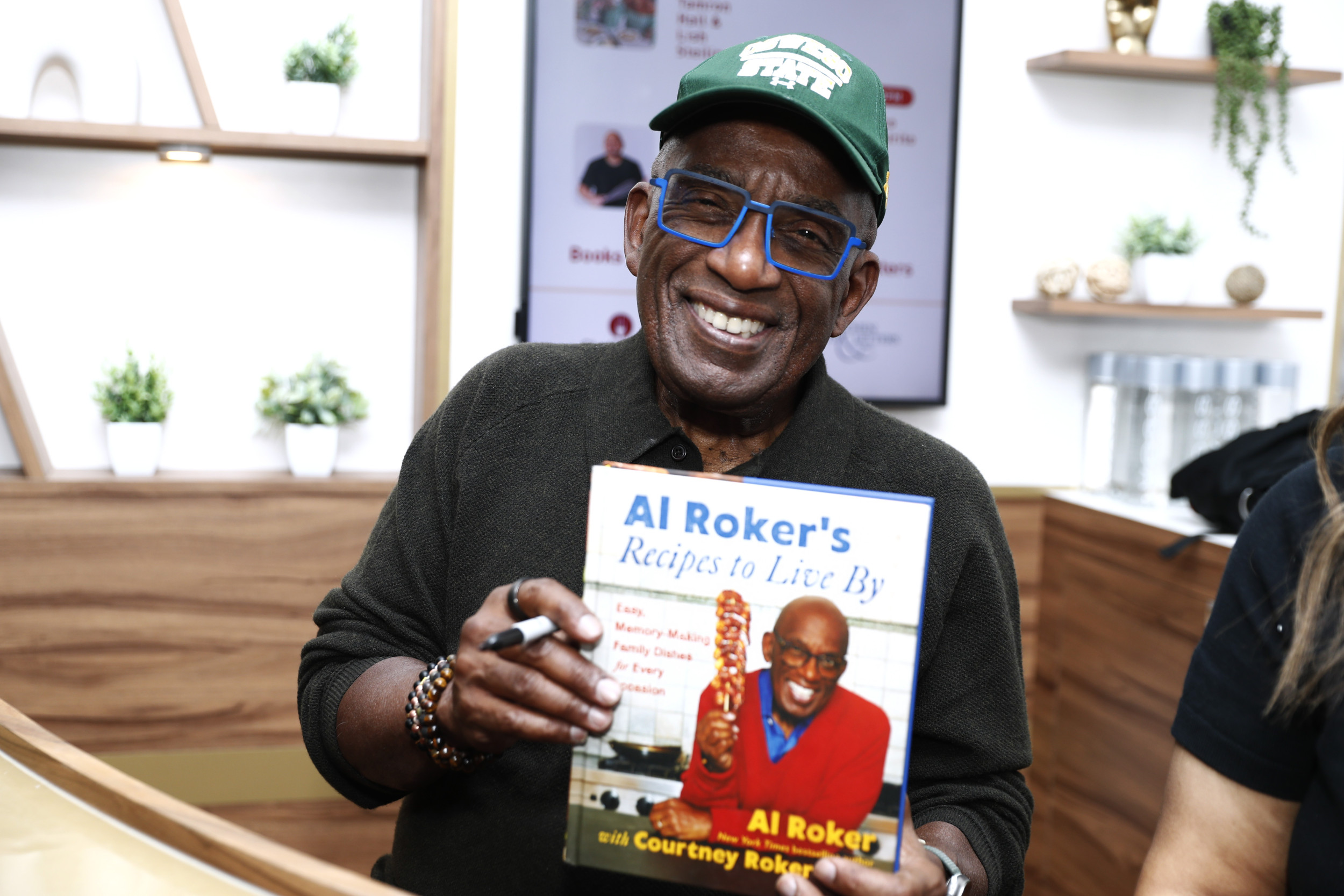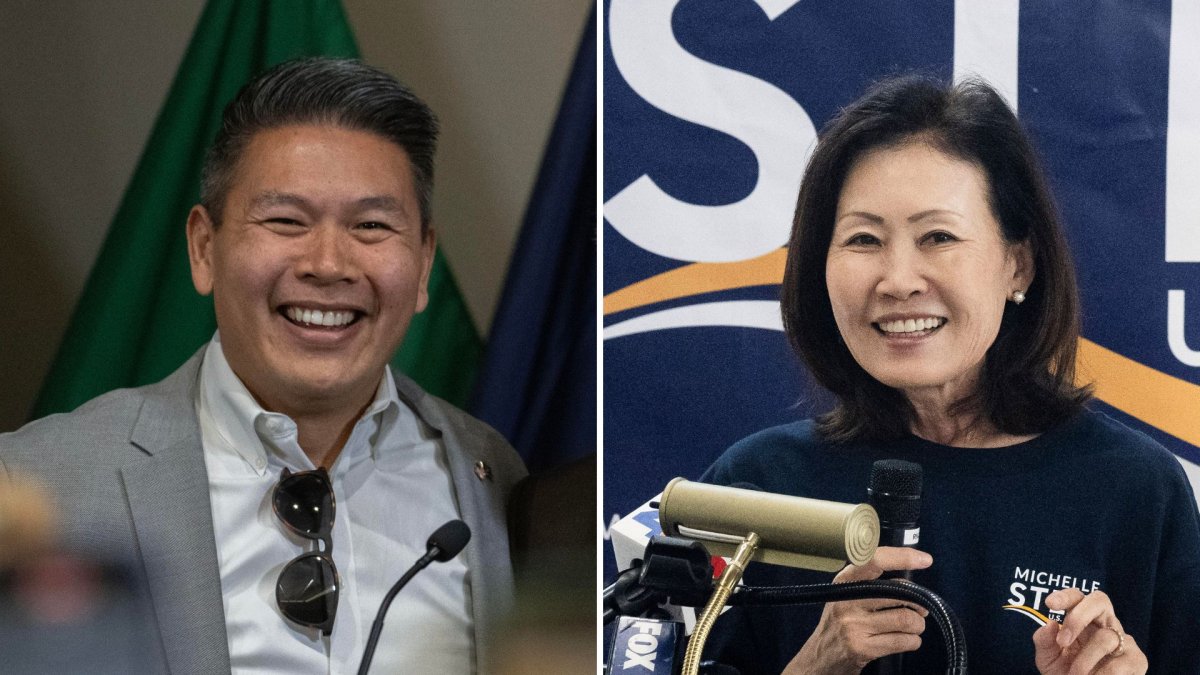Colin Gabler is an associate professor of Marketing and Fulbright Scholar at Auburn University and a former O’Bleness associate professor of marketing at Ohio University. His research explores the role of marketing in developing public-policy initiatives and how business can help address social justice issues.
What is the most important indicator of a strong relationship? According to psychologist Harry Reis, we simply want to be understood. Empathy, the ability to see the world through someone else’s eyes, is the foundation of a healthy relationship — and I would argue a functioning democracy.
Empathy seems to be in short supply in the aftermath of the 2024 presidential election. The phrase “I can’t imagine voting for ____” has become a staple of political discourse. But as I reflect on the election results, I don’t think empathy is what’s missing. The answer, I believe, lies in understanding the hot-cold empathy gap.
Think about the last time you went grocery shopping on an empty stomach. That junk food that leapt into your cart was induced by impulsive cravings — a “hot state.” Later, when you were satiated and relaxed — a “cold state” — you wondered what came over you. This same dynamic plays out in politics. Human emotions are not fixed; we shift between calm, collected states and intense, reactive states. The challenge is that empathy, inherently state-dependent, often fails to account for these shifts. In a cold state, we imagine responding to stress with logic and composure, but in a hot state, we behave differently.
Campaigns that evoke visceral emotions push voters into hot states where rational appeals and promises of gradual progress lose their resonance. This disconnect explains why emotionally charged messages often overpower logical, measured arguments in shaping voter behavior.
About 90% of U.S. counties shifted red from the last election, so it is clear that the country’s resting pulse is high. Donald Trump capitalized on this hot-state politics. By amplifying grievances and stoking fear about immigration, economic decline and cultural change, he moved voters into a heightened emotional state. This strategy tapped into deep-seated resentment and a desire for security, to preserve identity and assert control in an uncertain world. This seemed to appeal to young men in particular.
Meanwhile, the Democratic campaign leaned on cold-state reasoning, promising stability and incremental change, a calm, ordered “we are not going back” rhetoric. While logical, this approach failed to address the simmering frustrations that had been building for years, leaving Democrats disconnected from voters seeking immediate emotional validation.
Ironically, Trump also performed well with voters who Democrats assumed would be in a hot state but were, in fact, cold. For instance, he secured record-high support among Latino voters, despite running a campaign centered on mass deportation. Even among Puerto Ricans, who might have been expected to recoil after the “floating island of garbage” remarks, he performed surprisingly well. Why? Many of these voters, now removed from the immediate struggles of recent immigrants, were in a cold state. For them, Trump’s economic message was more relevant than his inflammatory speech; those “poisoning the blood of our country” now referred to somebody else and therefore lost its sting.
So where does this leave the disillusioned citizen? Ezra Klein urged Democrats to respond with curiosity, but Democrats have been the party of curiosity. From listening to conservative radio in rural Alabama to dissecting New York Times election podcasts, much of the last eight years of my life has been spent trying to understand Trump voters. The real obstacle for Democrats wasn’t lack of empathy; it was the volatility of the emotional state of the voting public.
Of course, we must acknowledge the broader context. Dissatisfaction with the status quo — fueled by COVID and inflation — meant that nearly every incumbent government worldwide faced similar struggles. Perhaps the 2024 election was inevitable. But that doesn’t diminish the lesson. Empathy is not just about understanding others’ feelings but recognizing the emotional states that influence their actions.
To move forward, political campaigns must address voters’ fears and frustrations while offering a vision of hope and long-term progress. For citizens, fostering empathy means engaging with opposing views in good faith, striving to understand not only what people believe but why they feel the way they do.
Colin Gabler is an O’Bleness associate professor of marketing at Ohio University. His research and writing examine the role of marketing and psychology in developing public policy and addressing social justice issues.
Colin Gabler is an associate professor of Marketing and Fulbright Scholar at Auburn University and a former O’Bleness associate professor of marketing at Ohio University. His research explores the role of marketing in developing public-policy initiatives and how business can help address social justice issues.
This article originally appeared on The Columbus Dispatch: Trump’s heated rhetoric pushed voters into hot states | Opinion














